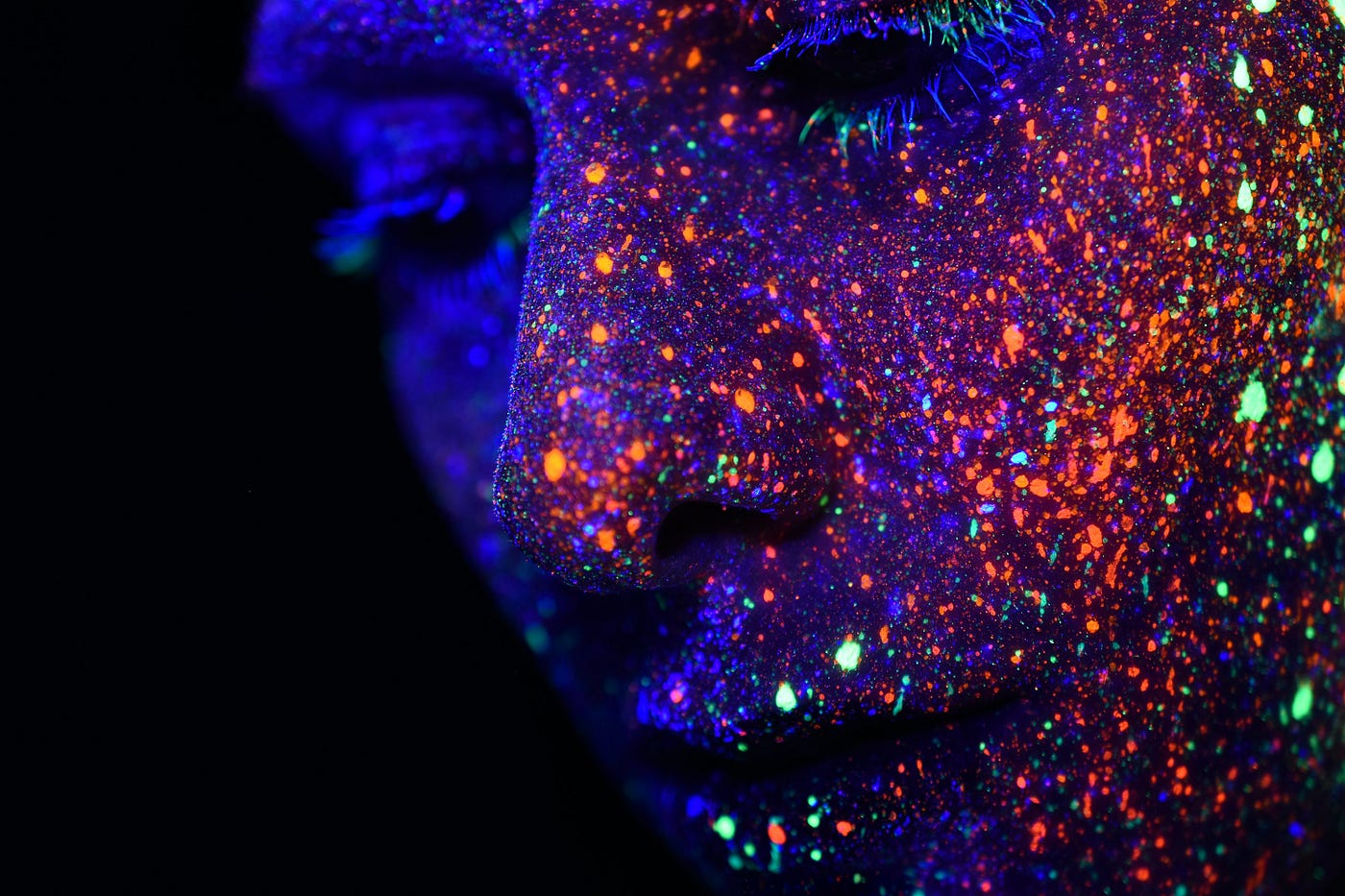by ELITSA DERMENDZHIYSKA

We don’t need more information. It’s imagination that we lack.
In 2016, I left my tech business to study mental health. Like so many in the industry, I was burning out, but looking back now, I know the issue ran deeper than that. My discomfort grew out of a crisis in faith — I wondered if the bits of code we were pushing out on the world were really changing it for the better, if the long days, the lousy sleep and constant anxieties meant anything to anyone.
Looking back, I probably needed therapy but I wasn’t ready to be helped. Instead, I decided to learn as much as I possibly could about the reasons people struggle and how they bounce back. I spent many months talking to various professionals, creatives and entrepreneurs, I interviewed health experts and psychotherapists, and pored over any research I could get my hands on.
Mental health apps — turns out, we’re just not interested
One thing jumped out at me during these talks. People would gush about some mental health app that was supposedly really great and helpful, but when I asked them if they were using it, they’d say “no”. Surprised, I’d ask what they did when they were struggling.
A large number of people told me “I play video games.”
Remarkably, it wasn’t just about escapism; in fact, many felt that video games helped them cope. More clues came from the therapists I spoke with. One had noticed that his most successful clients, the ones who recovered faster, had one thing in common: a good imagination. Another said that despite his best efforts, he couldn’t get through to some people: they seemed “frozen in a bad story.”
This was all unexpected to me. Yet I couldn’t argue with the clear pattern that emerged from my research: there was something about play, story, creativity and imagination that made them key to mental health. But what?
Gaming and story — the hidden paths to the psyche
Over the last two years, I’ve been working with therapist Hazel Gale and fiction author Natalia Theodoridou (2018 World Fantasy Award winner) to find out. We studied what makes games so compelling for over 3 billion people on the planet and used those elements to develop Betwixt — an immersive journaling app that teaches you to self-reflect.
We combined tools and techniques from psychology research and therapeutic practice into an immersive choose-your-own-adventure story for smartphones that includes a journey through a dreamlike reality and a face-off with your monster.
This project has given me a new appreciation for the power of story over the human psyche and the enormous potential of using our imagination and creativity as engines of personal growth. I’m now convinced that, as Jonathan Gottschall writes, in his book “The Storytelling Animal: How Stories Make Us Human”,
“Fiction is an ancient virtual reality technology that specializes in simulating human problems.”
And not just simulating problems, I’ll add, but also helping us to overcome them. Having observed our users engage with Betwixt and talking to them about their experience, we’ve learned three key lessons about the importance of story and imagination in achieving better wellbeing and improving your ability to cope with the curveballs life throws at you.
1. A safe space to explore your mind
We humans are driven to avoid pain. This means it can be daunting to engage with negative thoughts or destructive feelings. Any creative activity that allows you to approach your problems in a less direct way can be extremely powerful. Fiction and games can create a safe remove from life and allow you to explore your inner reality in a playful, low-stakes environment.
Medium for more
